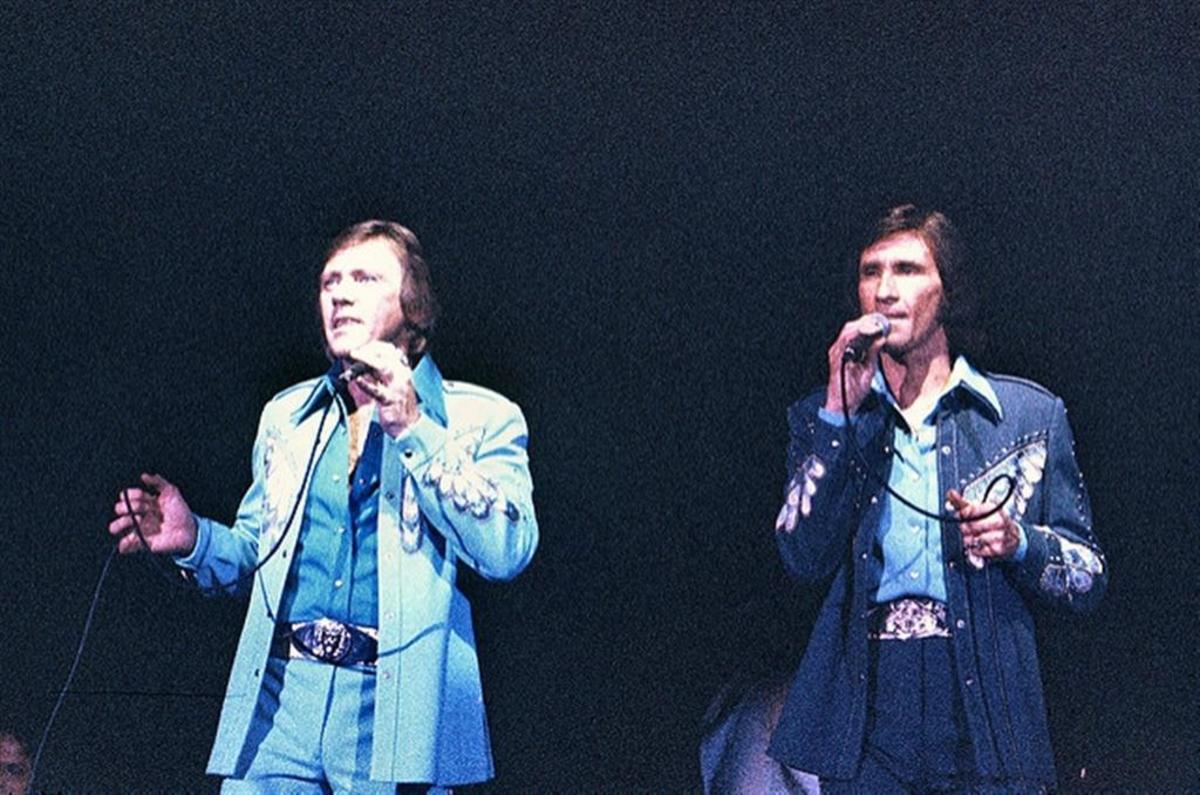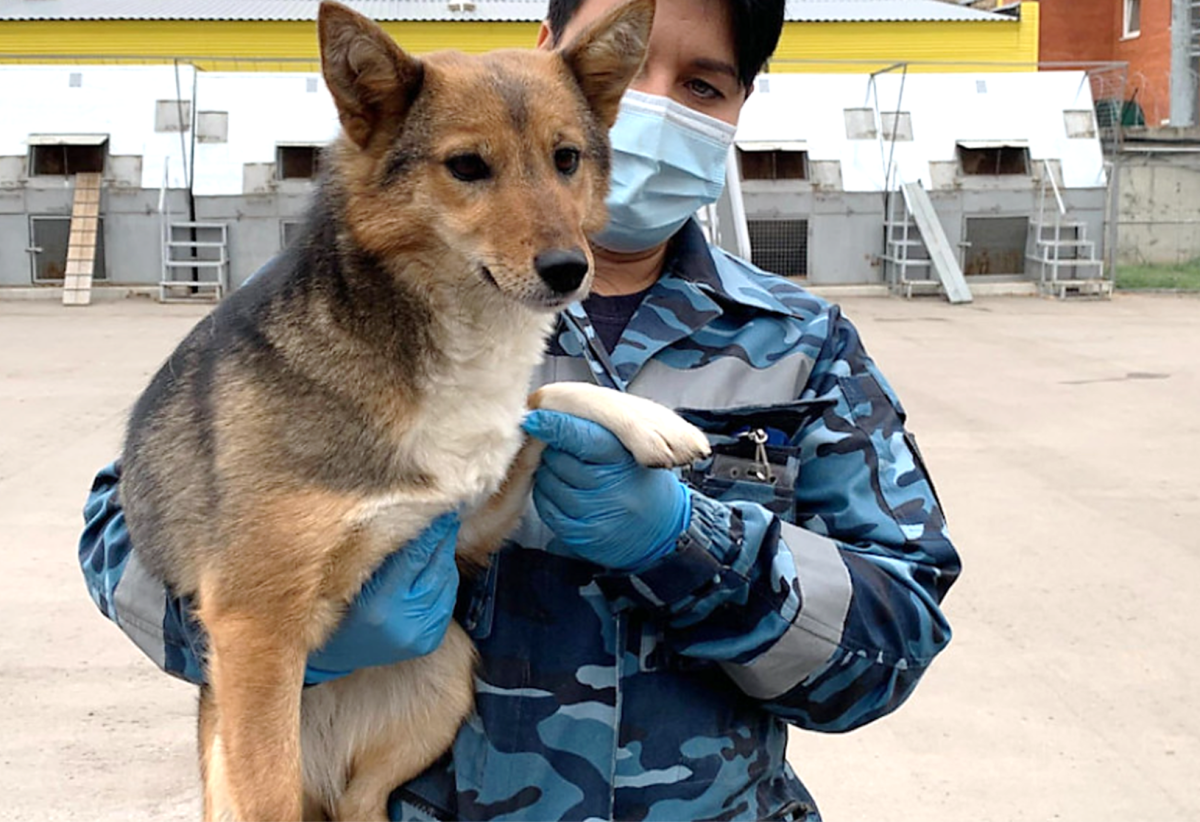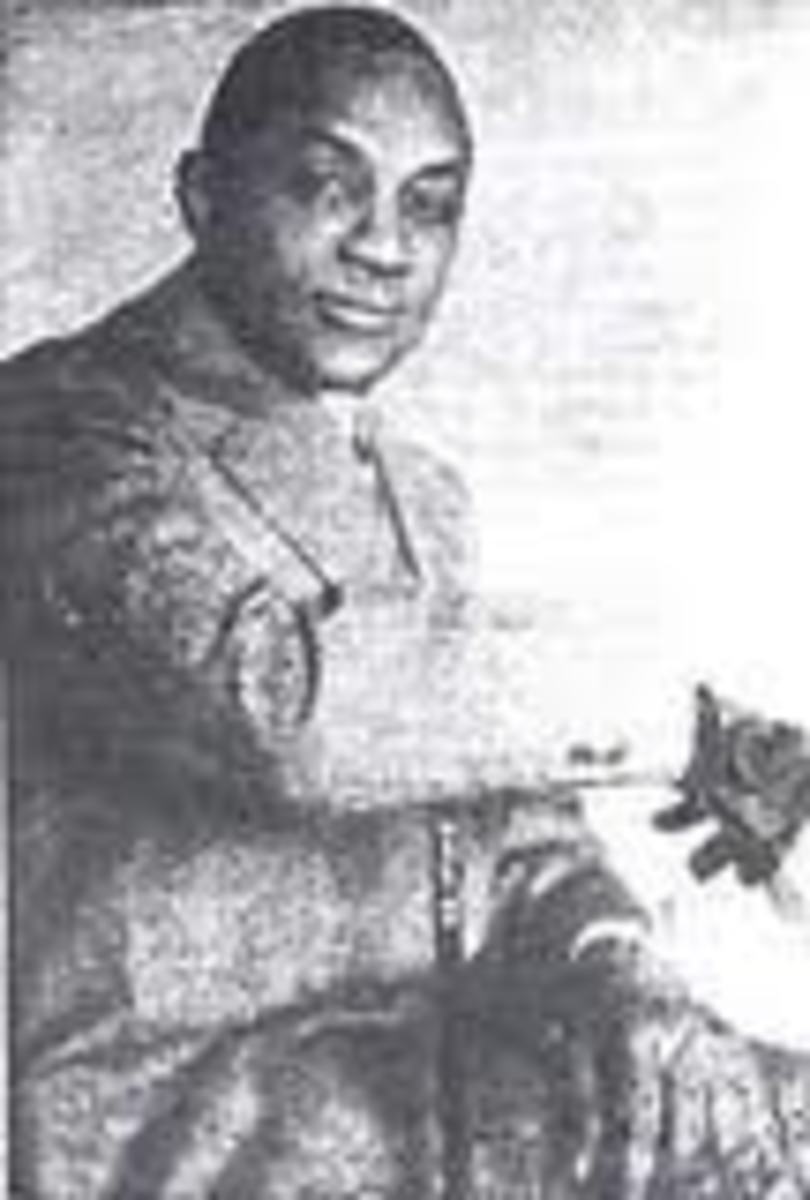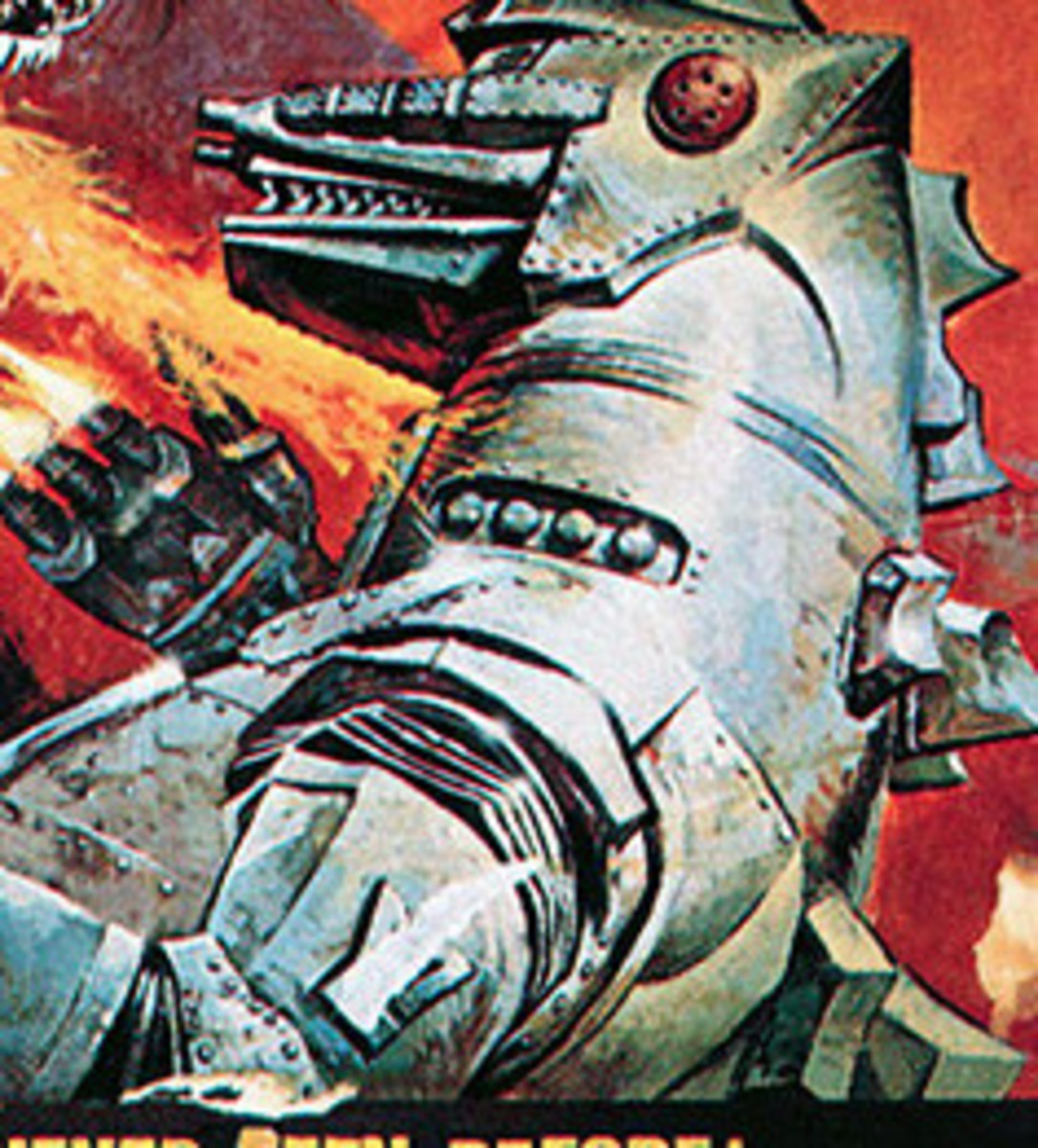How Django Unchained Should Have Ended...
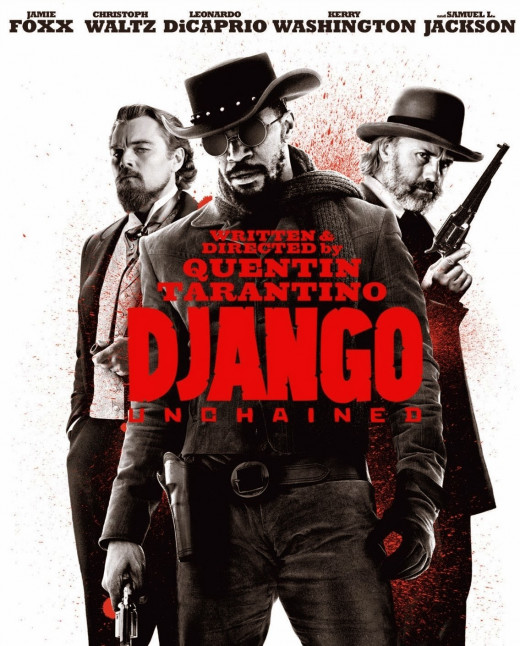
Quentin Tarantino’s Django Unchained is about a former black slave, Django, and a German bounty hunter, Schultz, who join ranks to hunt down and kill the Brittle brothers (outlaws to the law) and then rescue Django’s wife, Broomhilda, from Candyland Plantation where she is a slave. Schultz’ fireside telling of the German legend about Siegfried’s “spectacular” rescue of Broomhilda from a fire-breathing dragon foreshadows Django’s own story and inevitably the film ends with Candyland ablaze and Broomhilda on a horse waiting for her knight in shining armour. Except, I argue that the film actually ends very abruptly in the moment that Schultz is shot dead. And here is why…
In the true essence of the ‘rescue story’ of the German legend, Django also begins with a rescue mission. Schultz rescues Django. From this moment on, the fates of the German and the former black slave are entwined. Indeed, the substance of almost the entire film lies in their relationship. I would dare say that the film’s popularity is primarily down to their chemistry. And though Django is the namesake hero of the film, the German is the soul, the humour, the thinker, the moralizer. Broomhilda, on the other hand, is introduced to the audience in impressionistic snippets of Django’s memories of her. Unlike the masterful scenes between Django and Schultz in which they play off each other masterfully, there are no real scenes between Django and his wife. As a character she feels empty… worse than that, she is a McGuffin (an object or device in a film which serves merely as a trigger for the plot). Yet, the film ends with Django’s shamelessly showman-like slow retreat from an exploding building while his wife gleefully claps her hands, having been made to stay outside and wait until Django finished up in Candyland. Just as the Broomhilda of the German legend is the daughter of a God, human Broomhilda is also put on a pedestal. Besides her disappointing lack of characterisation, Broomhilda’s rescuing was also underwhelming: she was locked away somewhere until Django showed up, their silhouettes romanced against the wooden wall, and then they left… a scene that proceeded an even more underwhelming scene in which Django took Broomhilda’s freedom papers from Schultz’ turned away corpse. That’s not to say that the “Auf Wiedersehen” wasn’t a bit emotional but considering how much of the film’s emotive core depended on the peculiar and charming German, his turned away corpse at the end I think sums up nicely our sense of betrayal.
I have two problems: (1) Broomhilda’s lack of characterisation and (2) Schultz’ abrupt eviction from the film. Nor do I think that the selfless Schultz would make such a selfish decision to kill Calvin Candie given that he already had the freedom papers for Broomhilda, and consequently placing Django and his wife into the firing line. “I couldn’t resist” is not great grounds on which to build the rest of the film. I assume that Tarantino removed Schultz from the picture in order to open space up for Django as sole protagonist. Without Schultz, however, the film felt the way any film would do when you remove one of its two central characters and the other character doesn’t really respond to that fact. It felt kind of dry and lonely. To resolve these issues, first thing’s first, Schultz should not have died in that manner, or not at all. It would have been fitting that since the film begins with Schultz’ rescue of Django, some ring composition were used, and the film ended with Django’s rescue of Schultz. This ending would have at least remained faithful to the substantial part of the film which is the relationship between these two men. Also, what better way to repay the favour to a man who saved your life than by saving his. This resolves the problem of (2). As for the problem of (1), Broomhilda should be given scenes, and with her husband. She needs more thought as a character. And most importantly, she needs to be less passive. With a version of the ending where Django saves Schultz, we could have Broomhilda playing a part in the rescue mission as opposed to standing on the side-lines. Consequently, we might get to see what exactly is so special about her character, instead of having to take it for granted from a scanty collection of what other characters say.
If you have any thoughts about the film and the way you think it should have ended, I’d love to read your comments in the comment section.
© 2020 Samuel Brookes

